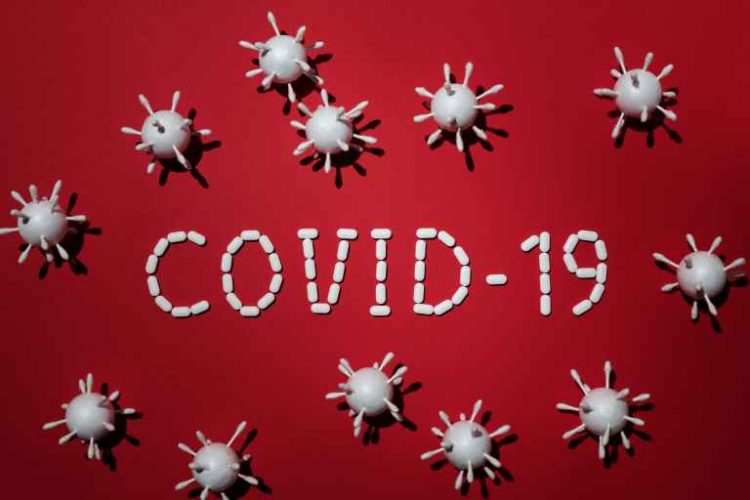March 17, 2020
When a public crisis occurs, pre-existing problems don’t go away. The crisis falls on top of all other burdens and conflicts of life. The Coronavirus epidemic is no different. This pandemic poses unique challenges not present in other crises. No one knows how long this will last, how many people will be affected or how far governmental restrictions will go. Some things can be deferred indefinitely without much difficulty, especially if they are only in the planning stages. If you have always wanted to put an addition on your house and planned on doing it in 2020 but haven’t bought anything, signed any contracts or other preparations, it’s easy to just put it on hold.
Other problems are not so easily deferred. For example, if a tenant is behind on her rent and the landlord wants to evict, the landlord’s mortgage payments aren’t going to be excused simply because the tenant isn’t paying, and the courts are not hearing eviction cases. Likewise, if an owner is in the middle of a major construction project requiring many people to be on the jobsite at the same time while the government is encouraging everyone to stay at home and delivery of materials are not coming on schedule, then decisions have to be made now. In this blog post, I would like to share a few thoughts about handling property-related disputes amid a public health crisis. This is not intended to replace the instructions of the authorities or other best practices to avoid getting sick. Note that these ideas may become obsolete as the situation continues to evolve. Generally, people should put health concerns first. However, sometimes there are urgencies or deadlines that must be considered.
- Availability of Court Remedies Will be Substantially Delayed. In Virginia, the District of Columbia and other places, courts are cancelling trials, postponing hearings and discouraging the sick, elderly and those with health conditions from coming. As a practical matter, while the doors of the courts may be technically open for filing, aggrieved parties may not be able to get a hearing anytime soon. When the Courts return to their regular schedule, the system will be clogged with a backlog of rescheduled hearings. Nonetheless, statutes of limitation and other deadlines may still be in effect. People should not assume that they can ignore a summons just because the governor is encouraging everyone to stay home.
- Consult with Counsel Before Exercising Self-Help. Sometimes, parties can exercise self-help legal remedies without court assistance. For example, residential landlords can’t just throw a tenant’s belongings out and change the locks just because they stop paying rent. They need a court order to direct the sheriff to transfer possession. However, on the commercial side, self-help may be an option. When adjoining owners have boundary or easement disputes, they may want to simply construct a fence in a disputed location, lock a gate across an easement or dispose of encroachments in the face of an adverse neighbor and without the blessing of the courts. However, there are potential unapparent risks of self-help, especially when the conflict has already escalated. For example, self-help can sometimes lead to threats of violence or someone calling the police. Landowners should consult with counsel to determine if some form of self-help would be helpful or risky.
- Law Enforcement and Regulators are Overwhelmed. Sometimes when disputes between adjoining owners, HOAs, contractors or landlords and tenants escalate, people may want to call the police, county departments or other regulators to protect themselves. During a public health crisis, law enforcement is already overwhelmed and may not view a neighborhood dispute with the same sense of urgency as someone living there. Code enforcement officials may be swamped with other work because of persons taking leave or other urgent matters. Unless there is an eminent threat of physical harm, theft or other crimes that cannot wait for a lawyer to respond to an inquiry, landowners ought to consider consulting with an attorney before contacting law enforcement.
- Avoid Physical Confrontations or Defects Posing Safety Threats. Sometimes neighborhood disputes escalate to the point that the parties come to fisticuffs or leave their property in a dangerous condition. Landowners should take every precaution to avoid contributing to a situation where someone gets hurt or must go to the doctor or hospital, and further burden the healthcare system.
- Avoid Homeowners Association Meetings, Hearings, and Events When Possible. The Coronavirus epidemic poses a unique threat to Americans living in condominiums and HOAs. This is because the community association form of living requires people to interact with each other to manage common concerns. The residents of associations tend to be older and at higher risk of infection. Governing instruments and state laws require “open” meetings which take place in person with the entire community free to attend, unless closed session is available. Owners are legally entitled to use common areas and facilities. Few statutes or declarations address emergency management or remote access to meetings. Many managers or directors will pursue their own agendas despite warnings from experts. Smart boards and committees will postpone nonessential meetings, prevent or discourage unnecessary gatherings and take commonsense measures to prevent common areas from becoming a venue for transmission of the virus. If an owner receives a notice of violation letter from the HOA or condominium board, she should consult with legal counsel if a postponement is not offered.
The Coronavirus has the potential to make deadlocked property disputes worse because everyone will be under greater stress, economic hardship and the legal system offers fewer immediate remedies. However, the advice of a trusted advisor such as a qualified attorney can lead to devising a self-protection strategy when the ordinary rules do not seem to apply.


